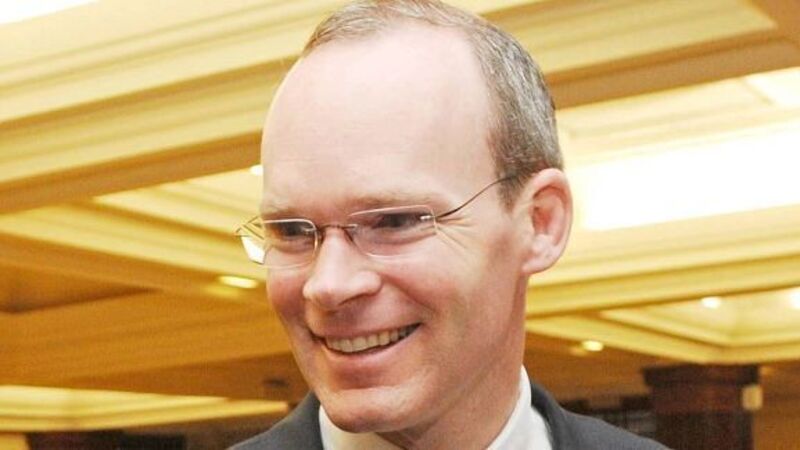Irish left out of global surge

Our island location has saved our livestock farmers from various disease threats to their herds — but it also seems to have insulated us from global markets.
Cattle farmers here may wonder if they are on the same planet as the one where beef cattle prices in most countries increased slightly in August, and the main question in many regions is likely to be where to source sufficient beef supplies, given tight availability and increasing global demand.










